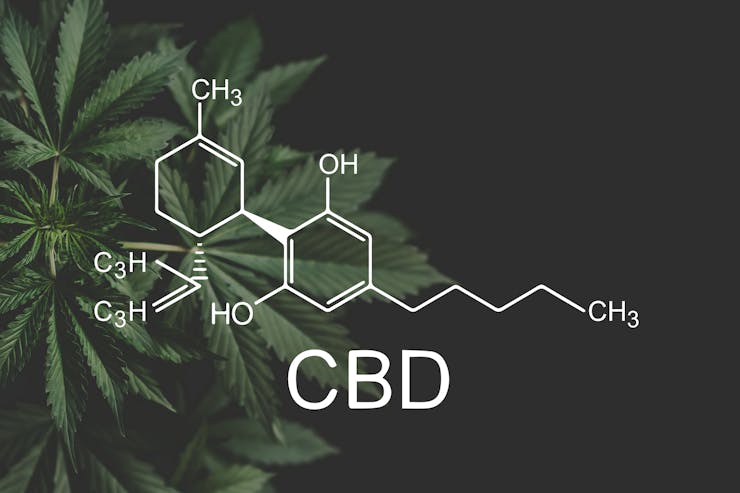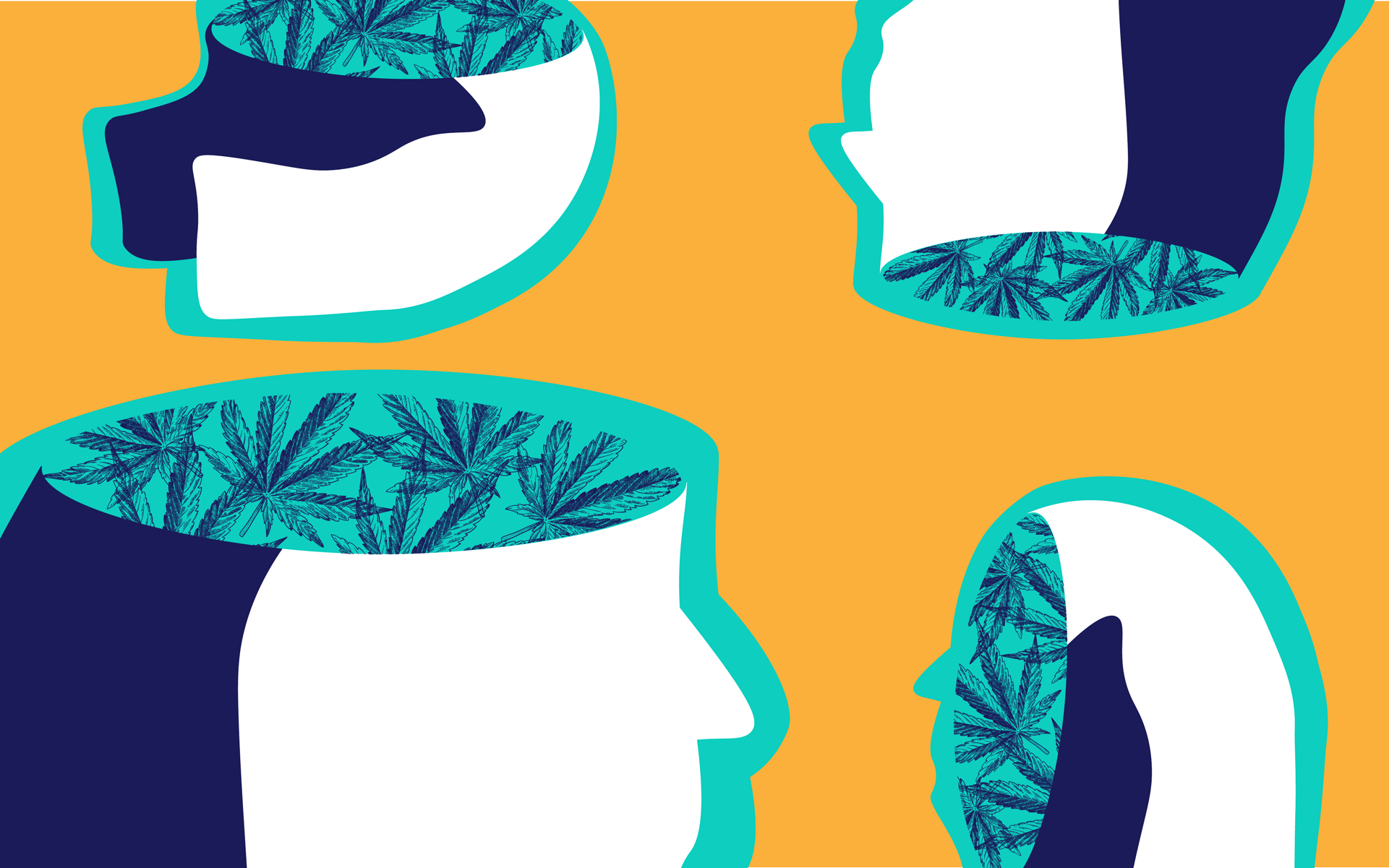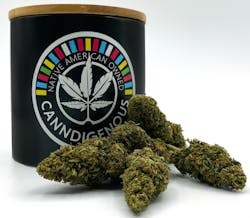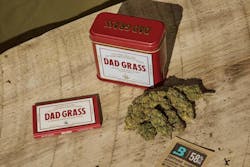After a nearly four-year study regarding the best way to regulate CBD, officials at the FDA have concluded that their existing rules don’t fit the unique substance.
What that means to you: The FDA has the power to halt all CBD sales nationwide. They chose not to do so. CBD sales and possession will remain legal, and FDA officials will work with Congress to create a new type of safety protocol for cannabidiol (CBD).
FDA officials first began looking into CBD in earnest in early 2019, when sales began taking off around the nation. Then-FDA Commissioner Ned Sharpless hosted the agency’s first-ever public hearing on CBD, on May 31, 2019, by noting that “we’ve seen an explosion of interest in products including CBD, [but] there is much we don’t know.”
After 10 hours of testimony at that hearing, two things had become clear: The American public had a strong desire for CBD products, and too many CBD manufacturers were delivering shoddy goods.
Shortly after, FDA officials announced the formation of a high-level agency study group to explore potential regulatory pathways for CBD products.
FDA wants “a new regulatory pathway” for CBD
In today’s announcement, FDA Principal Deputy Commissioner Janet Woodcock said: “Today we are announcing that after careful review, the FDA has concluded that a new regulatory pathway for CBD is needed that balances individuals’ desire for access to CBD products with the regulatory oversight needed to manage risks.”
“The agency is prepared to work with Congress on this matter. Today, we are also denying three citizen petitions that had asked the agency to conduct rulemaking to allow the marketing of CBD products as dietary supplements.”
In other words, FDA officials found that CBD shouldn’t be heavily regulated like a pharma-derived prescription drug (a process that would take years), nor should it be relatively unregulated like a dietary supplement.
Recognizing that the existing rules don’t fit CBD
Today’s announcement marks a historic acknowledgment from a major federal government agency. Cannabidiol, like cannabis itself, is a substance that refuses to sit easily within the strict definitions and pathways created for most regulated substances. But instead of simply outlawing CBD, and creating a dangerous illicit market, FDA officials have acknowledged that existing regulatory structures need to be expanded in order to safeguard public health.
“A new regulatory pathway would benefit consumers by providing safeguards and oversight to manage and minimize risks related to CBD products,” said FDA officials in the announcement. “Some risk management tools could include clear labels, prevention of contaminants, CBD content limits, and measures, such as minimum purchase age, to mitigate the risk of ingestion by children. In addition, a new pathway could provide access and oversight for certain CBD-containing products for animals.”
Shop highly rated dispensaries near you
Showing you dispensaries near“The FDA’s existing foods and dietary supplement authorities provide only limited tools for managing many of the risks associated with CBD products. Under the law, any substance, including CBD, must meet specific safety standards to be lawfully marketed as a dietary supplement or food additive.”
A product that defies conventional categories
The FDA seems to be acknowledging the reality that CBD does not fit into the neat boxes of food, dietary supplement or drug. It’s definitely a ‘botanically-derived drug substance,’ but its current uses blow up the FDA’s limited boxes.
CBD is generally safe enough to fall outside the parameters of controlled substances. But adverse reactions from tainted or mislabeled products make it a bigger regulatory concern than a supplement like creatine, or a food product.
And its use is widespread among the general public. A 2022 survey found that 26% of Americans used CBD over the past year, and 64% of CBD users chose to consume CBD for pain management.
Leafly’s CBD reporting has found that consumers are using the molecule for a wide variety of conditions, including seizure disorders, anxiety, and pain. Other conditions that may be affected by CBD include menopause symptoms and opioid withdrawal.
National CBD legalization happened via Congress in 2018
CBD was effectively legalized nationwide in 2018, when Congress passed a farm bill that allowed the legal production of hemp. Hemp is cannabis that contains less than 0.3% THC. With the legalization of hemp, manufacturers became able to extract CBD from federally-legal hemp—which effectively made it legal to sell CBD in all states, regardless of local marijuana laws.








